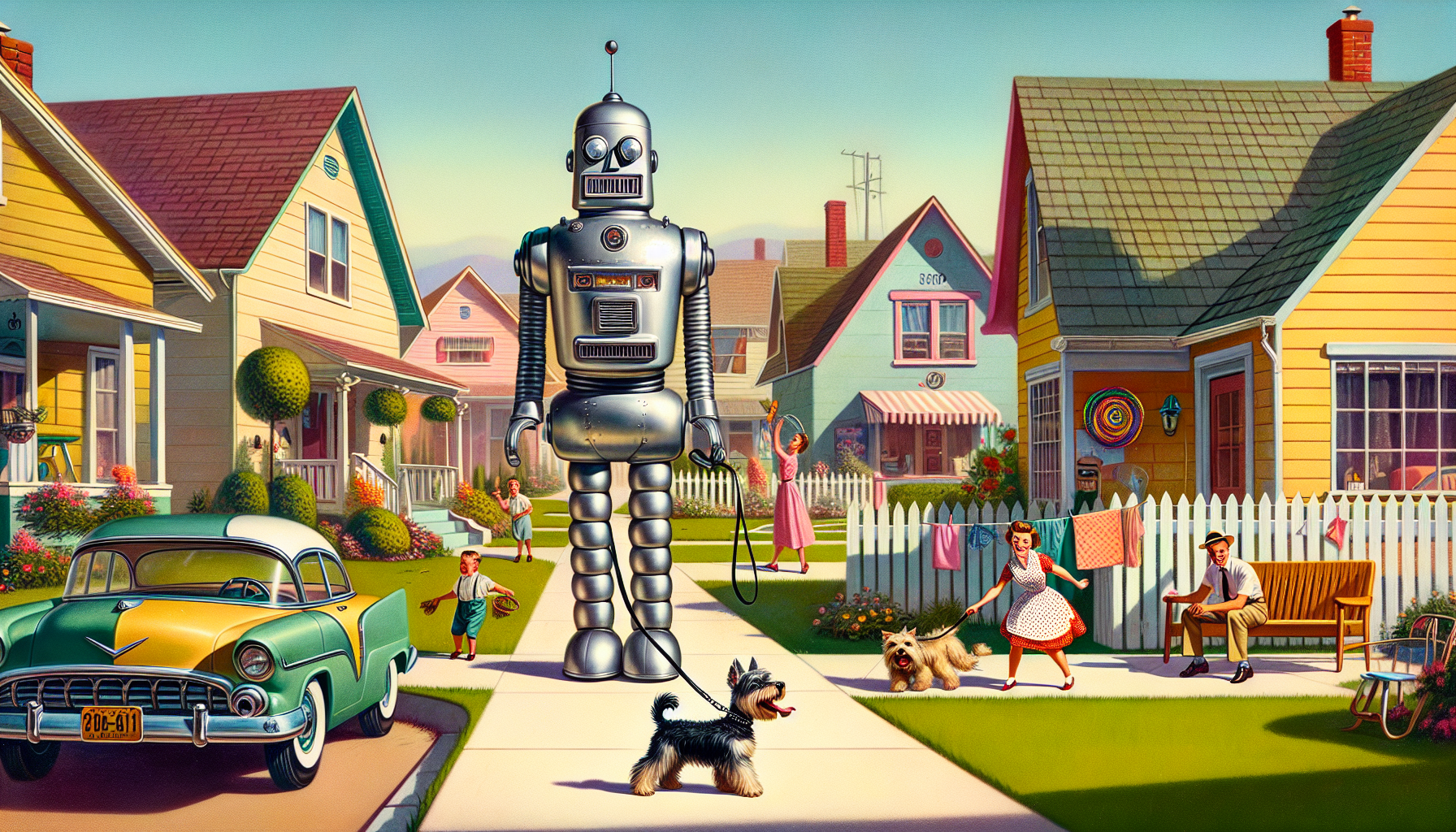AI Agents and Automation: Insights from Salesforce, BrowserStack, and the Future of Software Engineering
April 18, 2025

Salesforce CEO Marc Benioff: AI agents will be like Iron Man's Jarvis
AI agents are not just boosting productivity but are transforming customer interactions and business operations, according to Salesforce CEO Marc Benioff. Speaking with Foundry's "Today In Tech" host Keith Shaw, Benioff highlighted that AI agents go beyond generative AI by serving as the "magical layer" that converts AI potential into tangible business value. These agents are capable of handling tasks with context, personality, and deep data awareness, distinguishing them from earlier AI tools. The discussion emphasized the autonomous capabilities of AI agents to make decisions, perform actions, and engage with people or systems to achieve business objectives. (Source)
Agentic AI Vs. Traditional Automation: How Businesses Can Adapt
Andrey Kalyuzhnyy, CEO of 8allocate, discusses the evolving role of automation in the age of agentic AI, which surpasses traditional rule-based automation (RBA) by enabling systems to learn, adapt, and make autonomous decisions. While RBA remains crucial for predictable and compliance-driven workflows, agentic AI adds value in dynamic environments that require adaptability and decision-making intelligence. Kalyuzhnyy emphasizes the importance of blending RBA with agentic AI for a competitive edge, advocating for a balanced approach that leverages rule-based systems for consistent tasks and agentic AI for processes needing flexibility. By 2028, agentic AI is projected to power 33% of enterprise software, signaling a shift businesses must navigate by selecting suitable use cases, establishing AI governance, and upskilling teams to collaborate with agentic AI systems. The article also highlights two common agentic AI architectures: single-agent for systematic tasks and multiagent for complex, cooperative scenarios. (Source)
Five Potential Risks Of Autonomous AI Agents Going Rogue
Stu Sjouwerman, CEO of KnowBe4 Inc., discusses the transformative yet risky implications of agentic AI, which enables AI systems to operate independently without human supervision, posing risks such as unpredictable behavior, goal misalignment, and weaponization. The potential exploitation by bad actors and bias amplification further complicates its adoption. Sjouwerman emphasizes that while these autonomous systems will undoubtedly be used, often by malicious entities, organizations need strategies to mitigate associated risks. This includes educating employees about AI dangers, implementing ethical frameworks, restricting AI's autonomy, and performing stress tests to identify vulnerabilities. As agentic AI is expected to be integrated into a third of enterprise software applications by 2028, organizations must urgently develop governance structures to manage these challenges.
(Source)
BrowserStack Announces Flagship Conference Breakpoint 2025: Exploring the New Era of AI-Powered Testing
BrowserStack has announced Breakpoint 2025, its annual global conference scheduled for May 13-15, 2025, focusing on 'AI Agents: The New Era of Intelligent Testing'. This virtual event is expected to attract over 20,000 developers, QA professionals, and industry leaders, and will delve into AI-powered testing innovations, automation frameworks, and accessibility practices. Key highlights include a keynote fireside chat between Ritesh Arora, BrowserStack CEO, and Anu Bharadwaj, President of Atlassian, addressing AI's transformative impact, alongside sessions on software quality challenges posed by GenAI and LLMs by Federico Toledo of Abstracta, and inclusive UX design by Laveena Ramchandani of EasyJet. Attendees will participate in product workshops, demos of upcoming AI testing agents, and accessibility tools. BrowserStack, a leading cloud-based testing platform since 2011, is facilitating this event to empower teams with scalable, cloud-based testing solutions. Registration is open and free. (Source)
How AI is Redefining Software Engineering Roles at HCL
AI's transformative influence on software engineering continues to grow, with tools like Cursor, Windsurf, and Claude altering the landscape by enabling 'vibe coding,' a concept by OpenAI's Andrej Karpathy where merely an idea can be enough to generate code. While GitHub Copilot has been facilitating coding tasks, platforms such as Replit and Bolt are making coding more accessible for novices. Replit CEO Amjad Masad challenges the term 'vibe coding,' advocating instead for AI as an empowering tool rather than a replacement. AI’s role has broadened the scope of software engineering, emphasizing collaboration and productivity enhancements rather than replacement of human roles. Industry leaders like Alan Flower from HCLTech emphasize AI’s role in augmenting rather than replacing job roles, highlighting HCLTech's AI Force platform's capability to boost productivity by 60% in certain areas. New job fields, including prompt engineering and AI operations, are emerging, highlighting the necessity of reskilling as noted by World Economic Forum predictions. As large IT firms like Accenture, TCS, and Wipro bolster their AI capabilities, focus is placed on upskilling the workforce to harness transformational AI projects. (Source)
